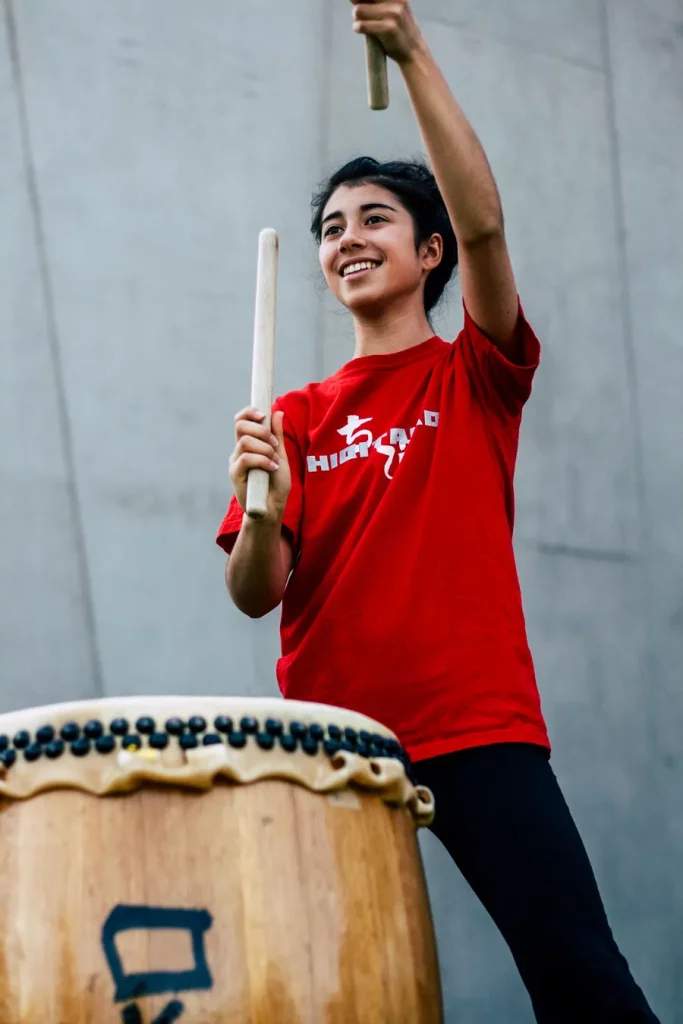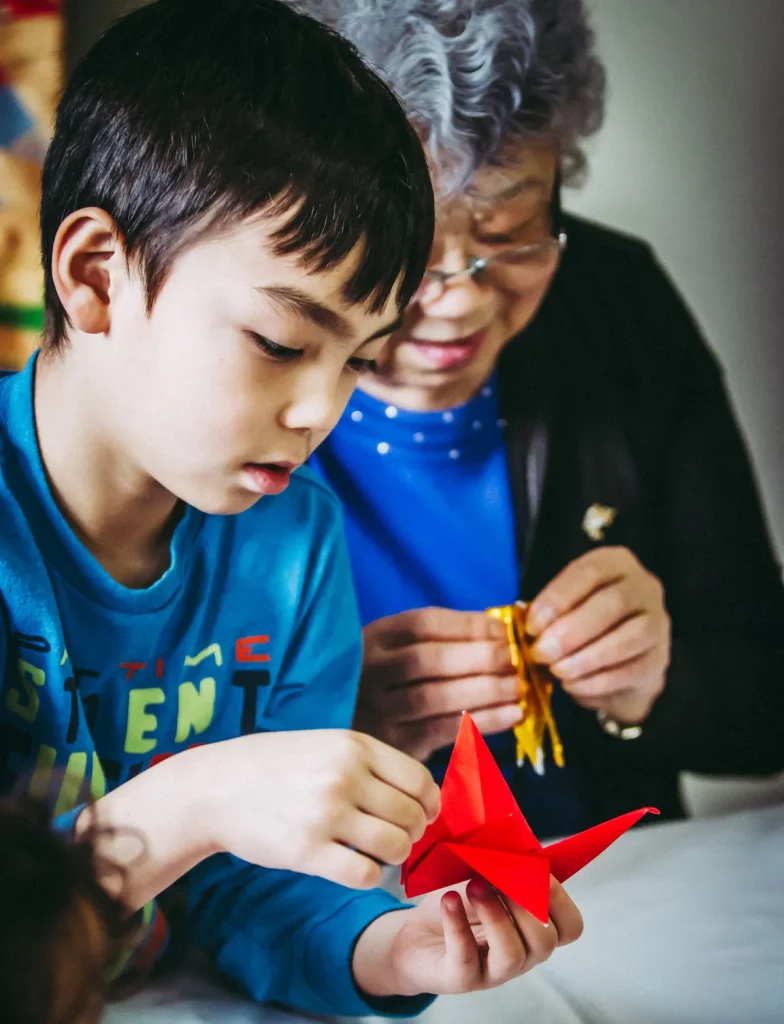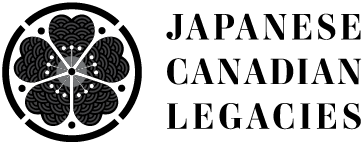Our Programs
Japanese Canadian Legacies is the implementation of BC Redress. The six legacy pillars reflect the will of the Japanese Canadian community, as expressed through extensive BC Redress community consultations held through 2019 and 2020.
At its core, this is about justice for more than 22,000 Japanese Canadians who were forcibly uprooted, interned, dispossessed and displaced, approximately 6,600 of whom are still with us today. For most survivors, a full and formal BC Government acknowledgement and accounting of what was taken, and what was lost, combined with a permanent monument to the Japanese Canadian experience, are essential elements for community healing. To ensure their experience is never again repeated, most survivors also wish to see strengthened education and public awareness, including through mandatory curriculum, maintenance and restoration of historical places, and stronger anti-racism initiatives in BC.
And while Japanese Canadians survivors think of others when asked about legacy initiatives, it is foundational to justice that remaining survivors are able to live out their lives in dignity and wellness. Health and wellness funding is therefore an equally essential pillar of BC Redress, alongside significant investment in mental health programming and outreach, to support the hard work of addressing first-hand intergenerational trauma.
Investing in community healing is ultimately a hopeful act. It is about the future of our community, as much as it is about acknowledging and commemorating our past. The loss of Japanese Canadian identity that occurred as a result of historic government actions has continued into the current day, and there is much work to be done.
By supporting physical and cultural spaces, community-strengthening education, and programming focused on intergenerational dialogue, learning and healing, these legacy initiatives can help enable cultural continuation and help to secure a legacy of a strong and vibrant Japanese Canadian culture and community, now and for future generations.
– Susanne Tabata
The Six Legacy Pillars
Community & Culture
Community & Culture includes the Community Fund, with grants divided into six streams: community projects, infrastructure, arts, sports, scholarships, and intergenerational wellness.
Seniors Health & Wellness
Seniors Health & Wellness includes the Japanese Canadian Survivors Health and Wellness Fund, distributing individual health grants to community elders impacted by government actions of the 1940s.
Monument
A monument in Victoria, the province’s Capital, is being planned to honour all 22,000 Japanese Canadians who were forcibly uprooted and displaced from their BC coastal homes. A database project is verifying names of those impacted these actions.
Heritage Preservation
Including funding for the establishment and maintenance of important community heritage sites across BC through the BC Heritage Sites program.
Education
A three-year project consisting of two key components: development of a Japanese Canadian History Learning Portal; and the creation of a Digital Course for Teacher Training.
Anti-Racism
Anti-Racism is one of the six pillars of BC Redress, which was initiated by the National Association of Japanese Canadians and the BC Government in 2019 to acknowledge & redress the historical injustices suffered by Japanese Canadians from 1942-1949.


